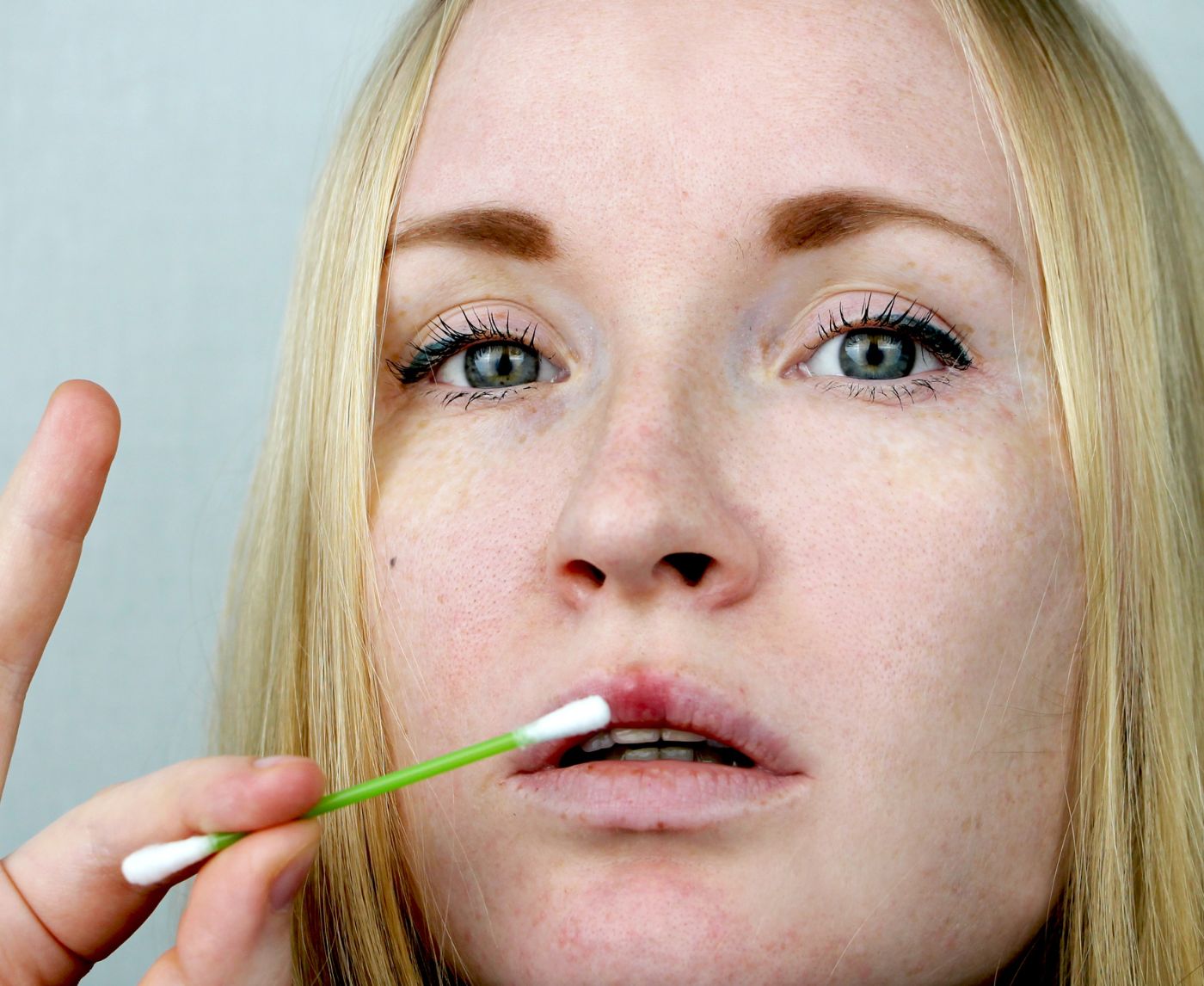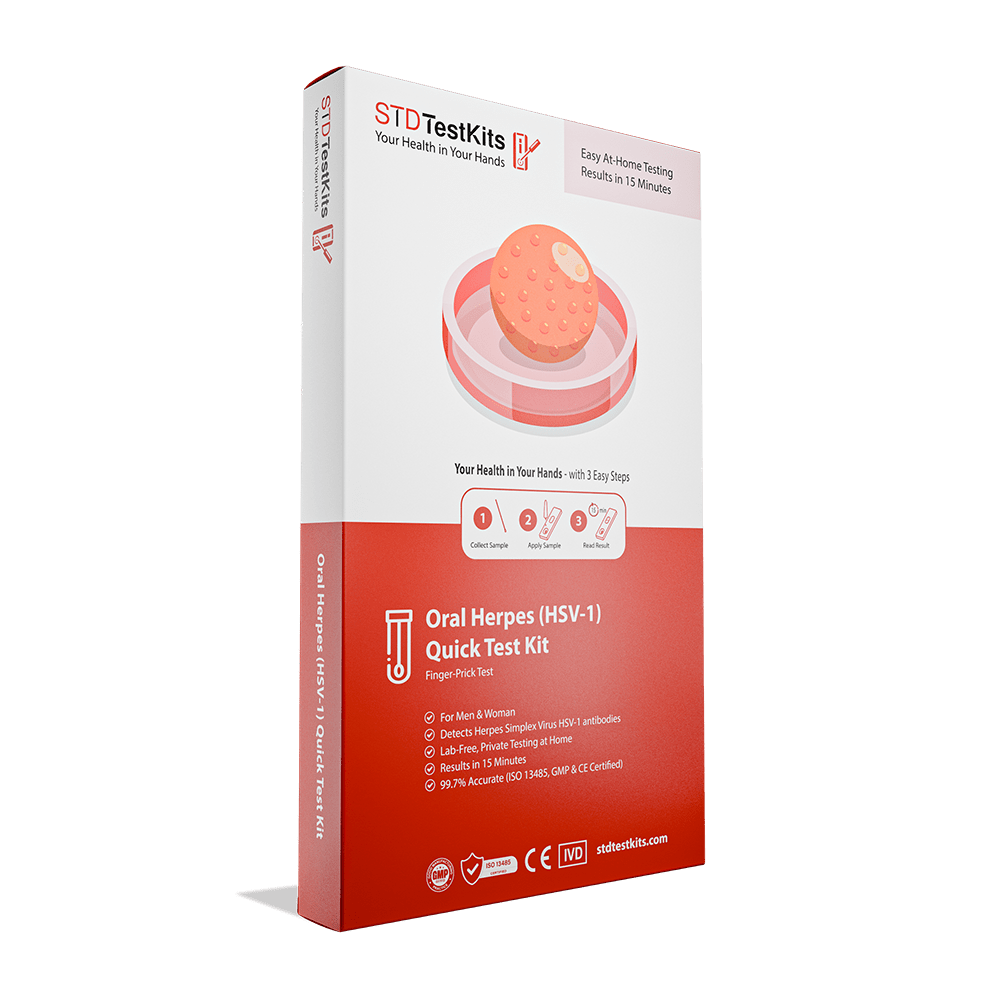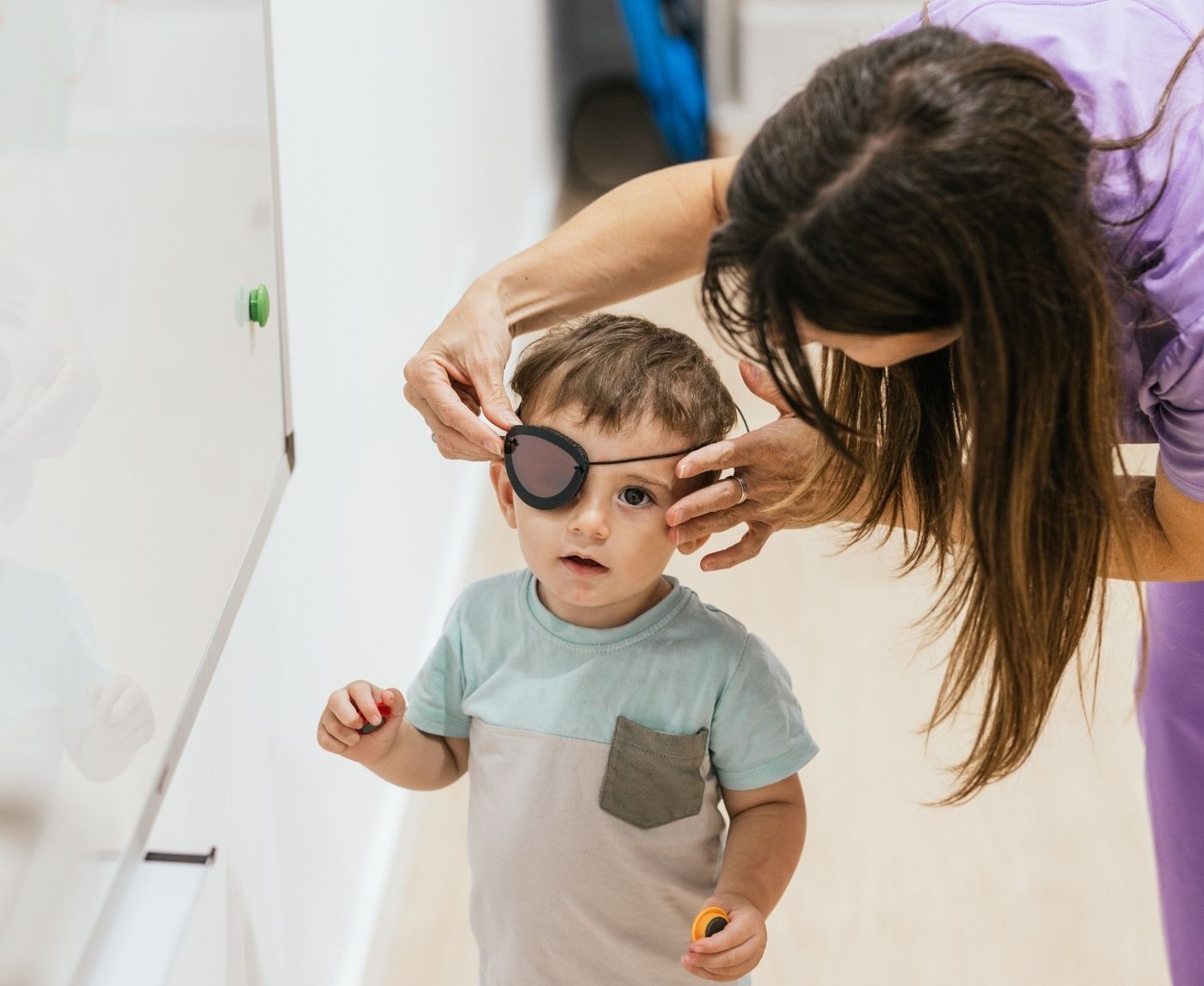How a Cold Sore Kiss Nearly Blinded a Toddler, and What It Means for Herpes Testing
Quick Answer: Yes, you can get herpes without having sex. HSV-1 and HSV-2 spread through skin-to-skin contact, kissing, and oral sex,even when there are no visible sores. You don’t need penetration for transmission.
Why “I Haven’t Had Sex” Doesn’t Mean You’re Safe
Herpes doesn’t follow the technicalities of your definition of sex. Most people assume herpes only spreads through penetrative intercourse,but that’s not how HSV works. It spreads through contact. Period. Mouth-to-mouth, mouth-to-genitals, skin-on-skin. If there’s a viral shedding zone involved (spoiler: there usually is), you’re vulnerable.
In fact, CDC data shows that HSV-1,typically associated with cold sores,is now one of the most common causes of genital herpes, thanks to oral sex. And HSV-2, while more strongly associated with genital infection, doesn’t need fluid exchange to do its thing. Just friction, warmth, and proximity.
This matters because people often dismiss early symptoms,tingling, redness, tiny bumps,as nothing serious. If they’ve “never had sex,” they assume it’s impossible. So they wait. The virus spreads. Partners stay unaware. And by the time someone connects the dots, a lot of damage has already been done,physically and emotionally.

People are also reading: Is It Genital or Oral Herpes? Here’s How to Tell the Difference
Let’s Break It Down: How Herpes Actually Spreads
So if it’s not about traditional sex, what , does, cause herpes to spread? Here’s a side-by-side breakdown of real-world scenarios where people get HSV,and what most of them have in common is skin contact, not penetration.
Figure 1. Common non-penetrative transmission routes for HSV-1 and HSV-2. Actual risk depends on viral shedding, contact duration, and skin integrity.
Notice what’s not on that list? Intercourse. Because herpes doesn’t need it. That doesn’t mean intercourse is off the hook,it’s still a common route,but it’s not required. Which is exactly why people who’ve “done everything but” still wind up with a diagnosis they don’t understand.
What If There Are No Symptoms?
Here’s where herpes becomes a real issue: you can spread it, or get it, without ever seeing a sore. Around 70% of new HSV-2 infections are transmitted by someone who didn’t know they were infected, according to epidemiological studies. They had no blisters. No warning signs. Nothing visible. Just silent viral shedding.
“But they looked totally healthy.” Yep. And that’s the trap. Herpes doesn’t always announce itself. You can shed virus from skin that looks completely normal. This is especially common in the days leading up to an outbreak, or randomly in people who’ve had herpes for years without realizing it.
If your partner has HSV but no symptoms, and you rub genitals or receive oral? That’s still risk. If you share a drink or lip balm during an active cold sore episode? Risk. This doesn’t mean you need to live in fear, it means you need facts. Herpes doesn’t play by the “clean or dirty” binary that people love to cling to.
“I Was a Virgin. I Still Got Herpes.”
Nadia, 19, had only kissed one person seriously. “We made out all the time. He had cold sores, but I didn’t think anything of it,” she said. “Nobody ever told me cold sores were herpes.” A few months later, she noticed itching, swelling, and a single sore near her vaginal opening. She went to a campus clinic. The nurse asked if she was sexually active. “I said no. She told me it was probably irritation.”
The sore came back three weeks later, this time with pain. Nadia insisted on a swab. It came back positive for HSV-1. She was devastated. “I felt tricked. Lied to. Like my body had betrayed me even though I’d followed all the rules,” she said.
She hadn’t been reckless. She hadn’t even had sex. But she’d made out with someone during an outbreak, and herpes had slipped in anyway. Nobody had ever told her that was possible. So she blamed herself.
This is what silence does. It leaves people ashamed of things they didn’t know, and afraid to ask the next question. It’s not just bad sex ed. It’s trauma dressed up as “purity culture.”
How Testing (Still) Fails People Who “Aren’t at Risk”
Let’s say you’re like Nadia. You’ve never had penetrative sex, but something feels off, tingling, redness, weird flu-like symptoms. You go to a clinic and say, “I’ve never had sex, but I’m worried.” A lot of providers will stop there. No penetration = no test. You get sent home with a condescending pat on the head and maybe some hydrocortisone cream. But herpes isn’t that neat.
Even when you do get tested, the wrong method can leave you hanging. A swab needs to happen during an active sore, preferably within 48 hours. A blood test? Totally useless if you take it too soon after exposure. Even then, results can be vague. A low-positive IgG for HSV-1? Could be oral, could be genital. You might never know.
This creates a perfect storm: people who feel symptoms but don’t qualify for testing, people who get tested but not for herpes, and people who get tested at the wrong time or with the wrong method. No wonder confusion reigns.
If your test didn’t include herpes, or if you tested before the window period closed, it might be worth trying again, with the right method this time. If you're unsure what that is? This at-home combo kit screens for herpes and other common STDs discreetly. No awkward clinic. No insurance drama.
How to Know If You Should Get Tested (Even Without Sex)
If you’re reading this thinking, “Okay but I haven’t done anything ‘real,’ so I’m probably fine”, you’re not wrong for hoping that. But herpes doesn’t ask for a full sex scene. It just needs access. So here’s the truth: if you’ve kissed someone, shared a vape with someone who had a cold sore, received oral, or rubbed genitals skin-to-skin, you’ve had potential exposure.
You don’t need a body count to justify testing. You need context. And a timeline. If you’ve had possible exposure but no symptoms, wait at least 12 weeks and use an IgG blood test. If you’re having symptoms (tingling, sores, burning, weird bumps), go straight for a swab test, but make sure it’s done within 48 hours of the lesion appearing, or you might miss your shot at accuracy.
No, You Didn’t Get It from a Toilet Seat
Let’s kill this one once and for all: you’re not catching herpes from a public toilet, a hand towel, or a yoga mat. Not unless you pressed a raw, open wound onto fresh, virus-laced fluid and skipped washing your hands for three hours. It’s not happening. HSV is fragile. It dies quickly outside the body. You need skin-on-skin or skin-on-mucosa contact. That’s it.
That said, you , can, get HSV-1 from sharing utensils, lip balm, or drinks during an active outbreak. It’s rare, but possible, especially if the item is passed within seconds and someone’s skin or mucous membrane is already compromised. But again, the virus isn’t lurking in public bathrooms waiting to ambush the next unsuspecting butt cheek. That’s not how virology, or gravity, works.
So if someone’s trying to blame their outbreak on a hotel towel? No. Just... no.

People are also reading: How Accurate Is a Syphilis Rapid Test?
How to Talk About It When You Feel “Too Innocent” to Be Infected
This one hurts. If you’ve been told your whole life that herpes is the consequence of bad choices, it’s devastating to test positive when you haven’t even had what people call “sex.” The instinct is to blame yourself, or to shut down completely because it doesn’t feel fair.
But here’s what’s more true than your shame: herpes is common, quiet, and indifferent to your virtue. You’re not dirty. You’re not broken. You’re just one of millions of people who encountered a virus that’s good at surviving and terrible at announcing itself.
You can still date. Still love. Still have a great sex life. Just now with a little more honesty and a slightly longer “I need to tell you something” speech. And you’d be surprised how many people respond with, “Oh yeah, me too,” or “That’s not a dealbreaker.”
And if they ghost? That’s on them. You deserve better than someone who treats your skin like a moral failing.
FAQs
1. Can I really get herpes without having sex?
Yes. And not in a “technically, maybe” kind of way, absolutely yes. Herpes doesn’t care if you’re waiting for marriage or redefining what counts as sex. If you’ve kissed someone with HSV-1 or gotten oral from someone shedding HSV-1 or HSV-2, you’ve been exposed. Sex is not required. Just skin and timing.
2. How would I even know if I had it?
Honestly, you might not. Most people with herpes don’t have obvious symptoms, or mistake them for razor burn, ingrown hairs, or a mild rash. First-time outbreaks can feel like the flu. Or nothing. That’s why testing matters, especially if you’ve had any skin-to-skin or oral contact.
3. But I only kissed someone, how could that give me herpes?
Welcome to the club no one wants to join. If that person had a cold sore or even just the virus quietly hanging out in their saliva, a kiss could pass HSV-1 to you. It doesn’t happen every time, but it only takes once, especially if your immune system was down or you had a little cut on your lip.
4. Can I get genital herpes even if I’ve never had intercourse?
You sure can. If someone with oral HSV-1 goes down on you, you can end up with genital HSV-1. No penetration required. Also, grinding, skin-to-skin rubbing, and “everything but” encounters still count as exposure when it comes to herpes.
5. Do I need to get tested if I’ve never had ‘real’ sex?
If you’ve kissed, received oral, or had close body contact, and you’re curious or anxious, yes. Get tested. A blood test can detect antibodies after about 12 weeks from exposure. And if you’ve got symptoms (sores, burning, itching), don’t wait. Ask for a swab test immediately, ideally within 48 hours of anything showing up.
6. How long after exposure should I wait to test?
Blood test? Wait 12 to 16 weeks. Your body needs time to build detectable antibodies. Swab test? That’s for when you have a sore. The sooner you swab it, the better. Don’t let it heal or crust over, you’ll lose your window.
7. Could I have had it for years without knowing?
Absolutely. Herpes is sneaky like that. Some people never have symptoms. Others get a tiny outbreak and assume it’s something else. You could’ve picked it up years ago from a makeout session or one-off oral encounter. It doesn’t mean you’re reckless, it means you’re human.
8. Is this the part where I’m told I’ll have herpes forever?
Yeah, but don’t panic. It’s a lifelong virus, sure, but it’s also manageable. Lots of people have it and never have another outbreak. Daily antivirals can suppress it. Condoms help. Honest conversations help more. This isn’t the end of your dating life, it’s just a slightly longer Google search before texting someone “you up?”
9. Do I have to tell someone before kissing or hooking up?
Ethically, yes, especially if there’s a chance of transmission. But context matters. If you have oral HSV-1 and haven’t had a cold sore in years, your risk is way lower. Still, being upfront gives other people the chance to make informed choices. And if they run? That’s their fear, not your failure.
10. Is there a home test I can use without dealing with a clinic?
Yup. This at-home combo test kit includes screening for HSV-1 and HSV-2. It’s discreet, reliable (if you wait past the window period), and doesn’t come with awkward small talk or clipboards. Just mail it in and get your results privately.
When You Thought You Were Safe, But Weren’t
If you’ve landed here wondering how the hell you ended up with herpes when you’ve barely even had a sex life, know this: you’re not alone, and you didn’t screw up. You didn’t miss a rule. The rules were broken to begin with, by silence, by shame, by a system that fails to tell people how HSV really spreads.
You deserve better information, better care, and better conversations. If you’re ready to stop guessing and start knowing, get tested from home today. No drama. Just answers.
How We Sourced This Article: We combined current guidance from leading medical organizations with peer-reviewed research and lived-experience reporting to make this guide practical, compassionate, and accurate. In total, around fifteen references informed the writing; below, we’ve highlighted some of the most relevant and reader-friendly sources.
Sources
2. Planned Parenthood – Herpes Overview
4. Screening for Genital Herpes | CDC
5. Herpes (HSV) Test: MedlinePlus
6. Herpes: Symptoms, causes, and treatment | Medical News Today
About the Author
Dr. F. David, MD is a board-certified infectious disease specialist who works to prevent, diagnose, and treat STIs. He combines clinical accuracy with a straightforward, sex-positive approach and is dedicated to making it easier for readers to get to know him, whether they live in a city or off the grid.
Reviewed by: Taylor Min, NP-C | Last medically reviewed: October 2025
This article is for informational purposes and does not replace medical advice.






